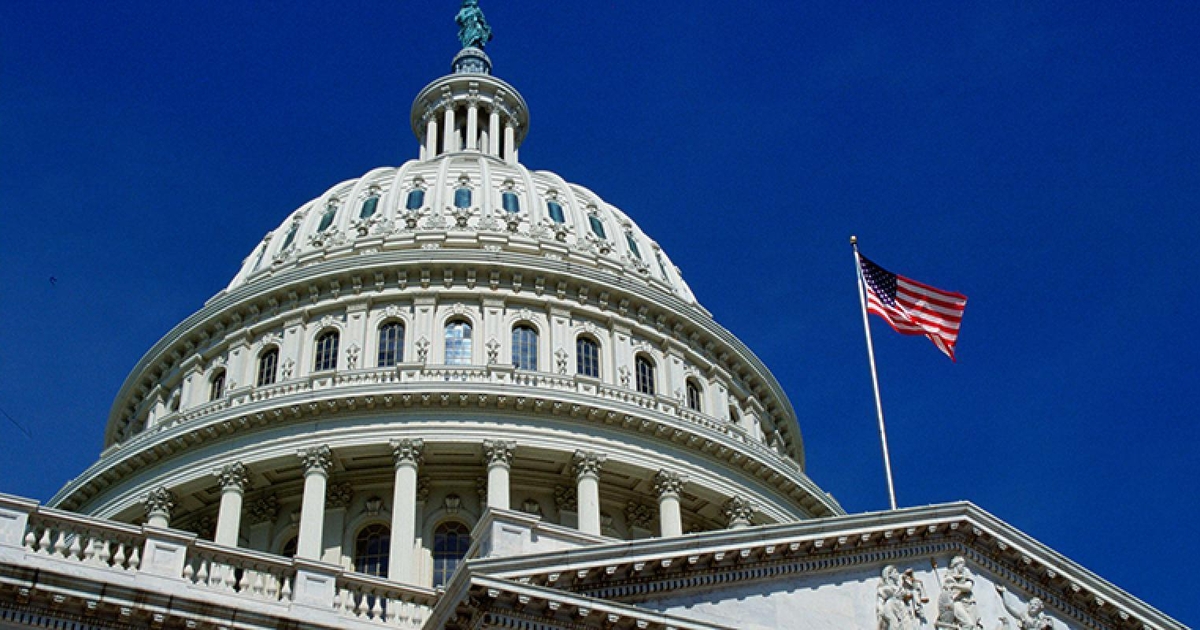
A group of bipartisan members of Congress introduced the American Franchise Act to the U.S. House on Wednesday. The legislation would codify the legal definition of joint employer in favor of absolving franchisors of much of the responsibility of their franchisees’ labor law compliance issues.
“Although franchisees must comply with [franchisor] standards, franchisees are independent business owners,” the text of the bill reads. “It is the franchisee who determines how to implement the franchisor’s standards, controlling on a day-to-day basis the operations of its franchise and its labor relations.”
The bill further clarifies franchisors “may only be considered a joint employer” if they meet the definition under the National Labor Relations Act.
The latest version of this act stipulates that a franchisor is also considered a joint employer with their franchisees if they “share or codetermine one or more of the employees’ essential terms and conditions of employment” like wages, benefits, and working hours.
The joint employer standard has gone through multiple revisions throughout three presidential administrations. In 2015, during the Obama administration, the Browning-Ferris Industries decision set the standard for holding employers like franchisors legally liable for upholding labor standards and regulations, even if the parent company only had “reserved and indirect control” over the employees.
In 2017, that rule was overturned during the first Trump administration, and in 2020, the joint employer rule was replaced by a new one that did not hold franchisors responsible for franchisees’ adherence to labor rules and regulations.
Then, in October 2023, the NLRB broadened the scope of the original joint employer rule, which would have made franchisees and franchisors equally liable for labor terms and conditions. The rule was struck down by multiple branches of government, and both houses of Congress overturned the new joint employer rule with a joint resolution.
In March 2024, a U.S. federal judge in Texas blocked the broadened rule just days before it was set to go into effect, calling the expanded joint employer rule “arbitrary and capricious,” and that it would be “contrary to law.”
The National Labor Relations Board currently follows the 2020 version of the National Labor Relations Act after the 2023 update was overruled.
The American Franchise Act is currently supported by multiple restaurant industry organizations, including the National Restaurant Association and the International Franchise Association.
“In the last decade, the ‘joint employer’ standard has changed four times — the constant regulatory whiplash leaving restaurant owners confused and apprehensive,” Sean Kennedy, executive vice president for public affairs for the National Restaurant Association, said in a statement. “The American Franchise Act creates a clear ‘joint employer’ standard based on direct and immediate control of the conditions of their workforce’s employment. This permanent definition would encourage entrepreneurship and stimulate economic growth in communities across the country.”
Contact Joanna at [email protected]









